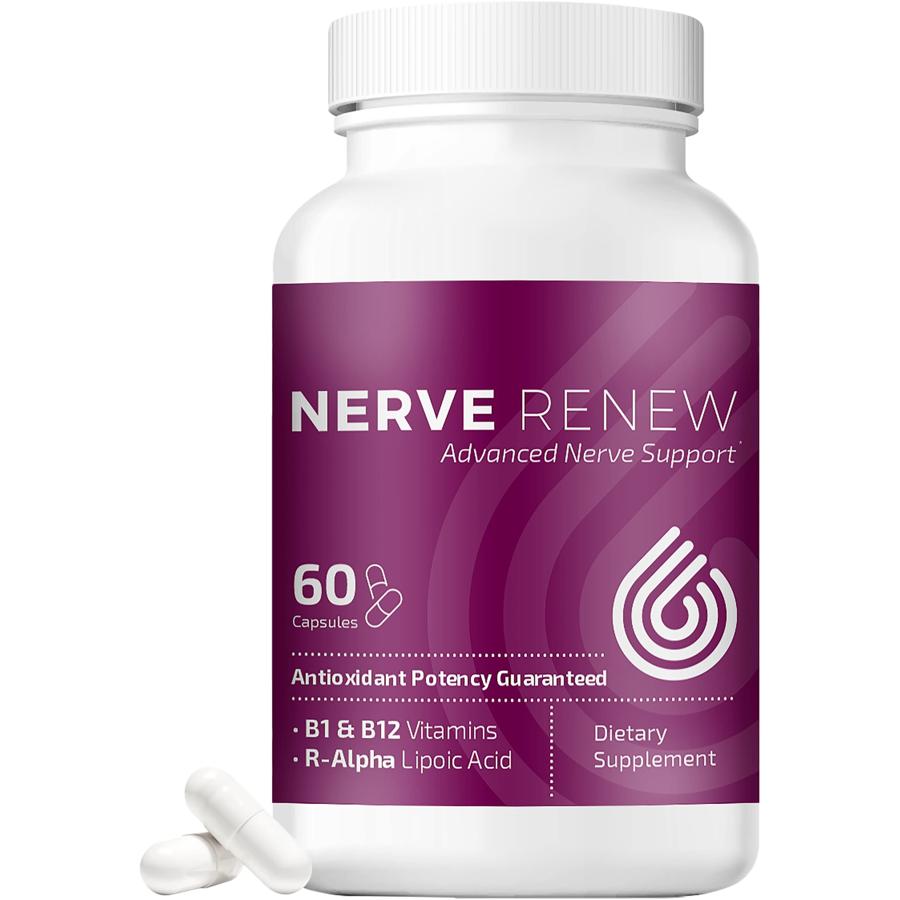Beyond Medication: Lifestyle Changes to Manage Neuropathy Pain
Living with neuropathy pain can be a daily struggle. The tingling, numbness, and burning sensations can make even the simplest tasks feel unbearable. While medication can provide temporary relief, it’s important to explore holistic approaches to managing neuropathy pain. In this article, we will discuss lifestyle changes that can help ease your suffering and improve your overall well-being.
Understanding Neuropathy Pain
Neuropathy pain is a condition that affects the nerves, often causing tingling, numbness, and pain in the affected areas. It can be caused by various factors, including diabetes, vitamin deficiencies, and certain medications. If you’re experiencing symptoms of neuropathy pain, it’s important to seek medical advice for proper diagnosis and treatment.
Medication as a Treatment Option
Medication can play a crucial role in managing neuropathy pain. Commonly prescribed medications include pain relievers, antidepressants, and anticonvulsants. These medications can help alleviate symptoms and improve your quality of life. However, it’s important to be aware of potential side effects and consult with your healthcare provider for personalized recommendations.
Product Spotlight
Aggregate Rating
Our Rating
NerveRenew Advanced Nerve Support by Nerve Renew offers a comprehensive solution for nerve health. Its main features include natural ingredients, targeted nerve repair, pain relief, improved nerve function, and overall support for a healthy nervous system.
Lifestyle Changes for Neuropathy Pain Management
When it comes to managing neuropathy pain, lifestyle changes can make a significant difference. Here are some key modifications you can consider:
Diet and Nutrition
A balanced diet rich in nutrients can support nerve health and reduce neuropathy pain. Consider incorporating the following into your diet:
- Omega-3 fatty acids: Found in fish, walnuts, and flaxseeds, they have anti-inflammatory properties that may help reduce pain.
- Vitamin B12: Foods like meat, fish, and dairy products are good sources of this essential nutrient, which is important for nerve function.
- Antioxidants: Fruits and vegetables like berries, spinach, and kale are packed with antioxidants that can help protect nerves from damage.
Exercise and Physical Activity
Regular exercise can improve circulation and reduce neuropathy pain. Low-impact activities like walking, swimming, and cycling are gentle on the joints and can be beneficial. Remember to start slowly and gradually increase the intensity of your workouts.
Stress Management Techniques
Stress can exacerbate neuropathy pain. Incorporating stress-reducing practices into your daily routine can help alleviate symptoms. Consider trying meditation, yoga, deep breathing exercises, or even engaging in activities you enjoy, like reading or listening to music.
Sleep Hygiene
Quality sleep is essential for overall well-being, including managing neuropathy pain. Establish a regular sleep schedule, create a relaxing bedtime routine, and ensure your sleep environment is comfortable and conducive to restful sleep. Avoid caffeine and electronic devices close to bedtime.
Stop Smoking
Smoking can worsen neuropathy pain and hinder the healing process. If you’re a smoker, consider quitting to improve your symptoms. There are various resources available, such as support groups, nicotine replacement therapy, and counseling.
Alcohol Moderation
While it’s not necessary to completely abstain from alcohol, moderation is key. Excessive alcohol consumption can worsen neuropathy pain and damage nerves. If you choose to drink, do so in moderation and be mindful of your limits.
Alternative Therapies and Complementary Approaches
In addition to lifestyle changes, alternative therapies and complementary approaches may provide additional relief from neuropathy pain. Here are some options to consider:
- Acupuncture: This ancient Chinese therapy involves the insertion of thin needles into specific points on the body to promote pain relief and overall well-being. Consult with a qualified acupuncturist for personalized treatment.
- Massage: Massage therapy can help relax muscles, improve circulation, and reduce pain. Consider seeking a licensed massage therapist experienced in working with individuals with neuropathy pain.
- Chiropractic Care: Chiropractic adjustments can help improve spinal alignment and alleviate neuropathy pain. Consult with a qualified chiropractor for an evaluation and personalized treatment plan.
It’s important to note that alternative therapies and complementary approaches should be discussed with healthcare professionals before trying. They can provide guidance and ensure they are safe and suitable for your specific condition.
Conclusion
Managing neuropathy pain requires a holistic approach. By incorporating lifestyle changes, such as adopting a balanced diet, engaging in regular exercise, managing stress, improving sleep patterns, quitting smoking, moderating alcohol consumption, and exploring alternative therapies, you can take control of your pain and improve your overall well-being. Remember to consult with healthcare professionals for personalized advice and support on your neuropathy pain management journey.
References:

